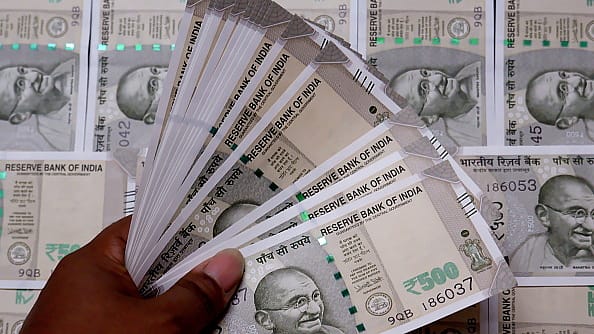Cap MNC royalty payments, demands RSS affiliate
ADVERTISEMENT

Rashtriya Svyamsevak Sangh (RSS) affiliate Swadeshi Jagran Manch (SJM) has asked the central government to impose a cap on the royalty payments and technical fees that can be given by Indian subsidiaries of foreign multinational corporations to their parent entities.
The call has come against the backdrop of the decision by Hindustan Unilever Ltd (HUL) to increase the royalty payment to their parent company Unilever, from 2.65% to 3.45% over three years till 2025. Royalty payments are made by multinational companies (MNCs) to their parent firms abroad (or by Indian citizens to foreign entities) for use of intellectual property, patents, copyrighted work, licence or franchise.
SJM says an increase in royalty payment by MNCs is impacting the health of the economy in general, causing an outgo of foreign exchange and leading to the depreciation of the Indian rupee.
SJM wants the government to revise its policy to reintroduce a cap on royalty payments as it used to be before 2009 in India. “Prior to 2009, royalty payments were regulated by the government and were capped at 8% of exports and 5% of domestic sales in case of technology transfer collaborations and were fixed at 2% of exports and 1% of domestic sales for use of trademark or brand name. This was in tune with international standards and practices. SJM demands that government re-imposes these 'caps' to save valuable foreign exchange,” Ashwani Mahajan, national co-convenor, SJM said.
For the year 2017-18, while FDI inflows accounted for $60.96 billion, the payments relating to royalty and technical fees amounted to $20.65 billion. “This shows how the benefits of FDI are clearly being negated by the outflow on royalty and technical fees. Moreover, this outgo would continue in future too, even when there are no FDI inflows,” Mahajan says.
According to Mahajan, the outflow of such payments started increasing significantly after the central government liberalised the FDI policy in 2009. “It had removed the cap and permitted Indian companies to pay royalties to their technical collaborators without seeking prior government approval. After lifting the cap on the royalty, outflows, on account of royalty and fees for technical services, have been increasing at a very fast pace. Prior to 2009, the outgo of foreign exchange on royalty and technical fees was hardly $4 billion, which has reached more than $25 billion now,” he said.
Mahajan said curbs on royalty payments will help increase the profits of MNCs, mainly in the automobile sector, prevent depletion of foreign exchange reserves and protect the interest of minority shareholders. It will also increase the revenue of the government, apart from saving valuable foreign exchange, he added.